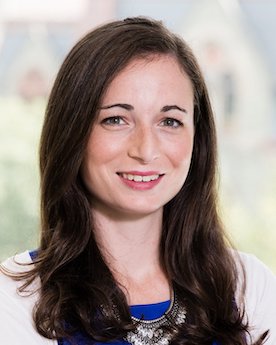New Scientific Advisor: Dr. Sergiu Pasca
Sergiu Pasca, M.D., has joined the JCC Board of Scientific Advisors. Dr. Pasca is the Kenneth T. Norris, Jr. Professor of Psychiatry and Behavioral Sciences at Stanford University, and the Bonnie Uytengsu Family Director of […]
Read More
